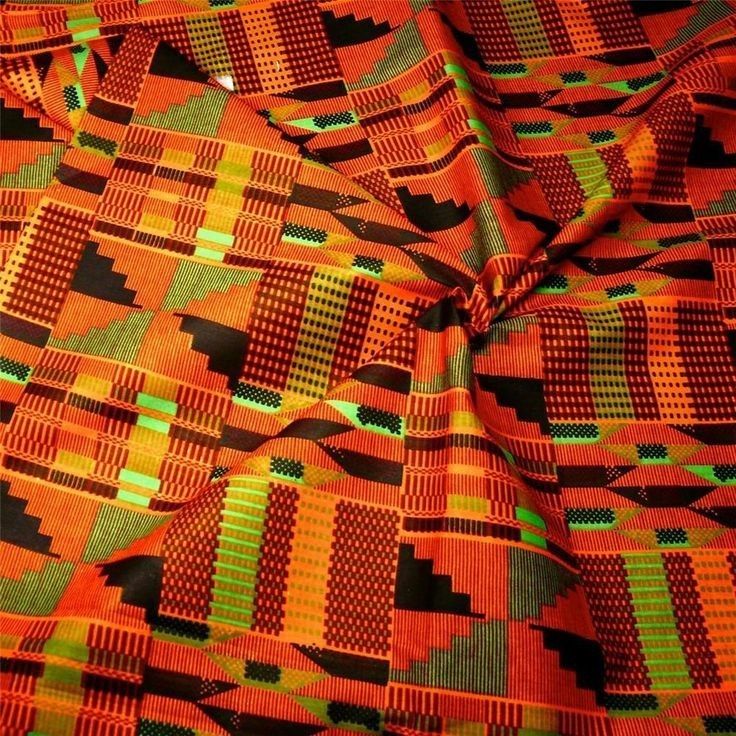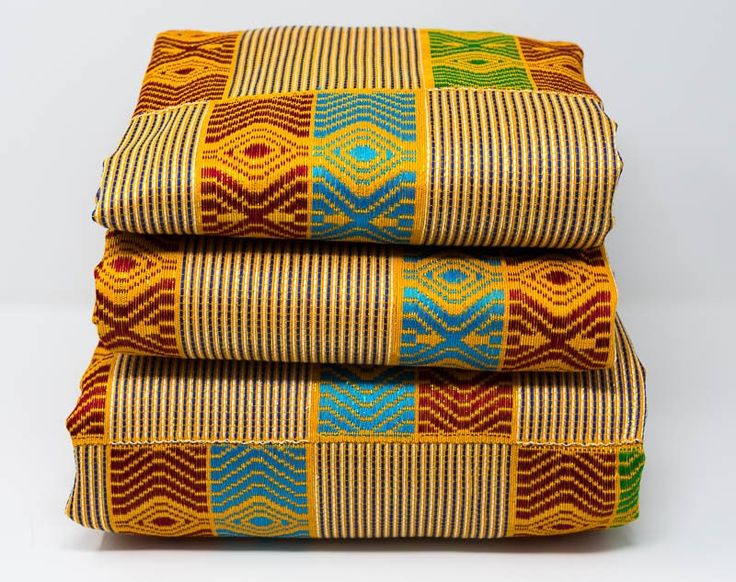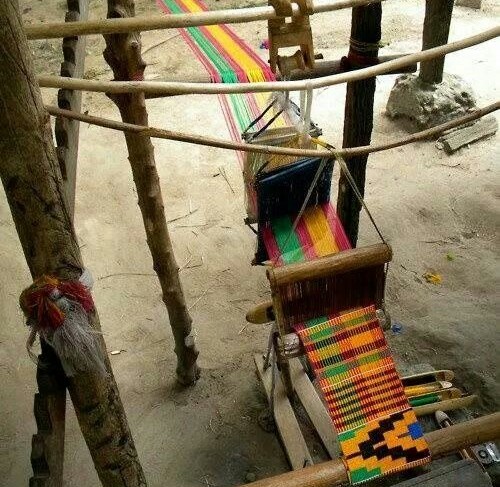- Hot Summer sale — Get 50% Off — Ends on 31/12/2023
The Fabric of Culture: Ghana’s Kente Cloth Takes Center Stage

Upcycled fashion show in Ghana offers blueprint for the world
December 12, 2024
Christmas; A period to test our love for local textiles
December 18, 2024Ghana’s iconic Kente cloth just got a major nod from UNESCO, being named an Intangible Cultural Heritage of Humanity! Pretty exciting stuff, right? This achievement really shines a light on Ghana and its incredible cultural richness. Now, if Kente cloth isn’t something you’re familiar with, let me break it down. It’s a traditional textile that comes straight from the Asante and Ewe communities in Ghana. People all over the world recognize Kente for its dazzling colors, complex patterns, and deep meanings.

It really captures the creativity and heritage of the Ghanaian people. Making Kente cloth is no small feat, either. It’s a detailed process where artisans weave together strips of silk, cotton, or rayon on horizontal looms. The patterns and colors often tell stories about the user’s age, social status, and even gender. It’s fascinating how much significance is woven into each piece! When UNESCO recognized Kente, it wasn’t just about celebrating Ghana’s heritage; it’s also about committing to keep traditional knowledge and cultural practices alive. Minister of Tourism, Arts and Culture, Andrew Egyapa Mercer, mentioned, “Including Kente in this prestigious list shows our determination to preserve our rich cultural traditions and share them with the world.” Pretty powerful words, right? And let’s not forget the hard work of the communities in Bonwire, Agotime, and beyond. These folks have been the guardians of this beautiful tradition for ages. As we take a moment to celebrate this milestone, it’s crucial to remember how vital it is to preserve our cultural heritage and promote diversity. Kente cloth isn’t just a pretty textile; it stands as a symbol of Ghana’s identity and a reminder of why we should keep traditional practices alive. So, what’s next for Kente?with UNESCO’s recognition, this cloth is poised to grab even more global attention. That’s a fantastic opportunity for Ghana to showcase its culture and diversity to the world.

But as we celebrate, we must ensure that the benefits of this recognition are shared fairly among everyone involved, especially the communities that have been crafting Kente for generations. By supporting and preserving Kente cloth, Ghana can not only protect its cultural legacy but also open doors for local communities economically. Plus, it helps to promote cultural diversity on a global scale. So, let’s keep the conversation going about Kente and what it represents!




